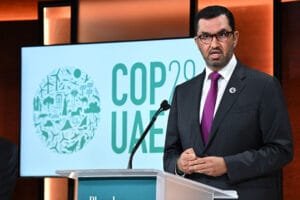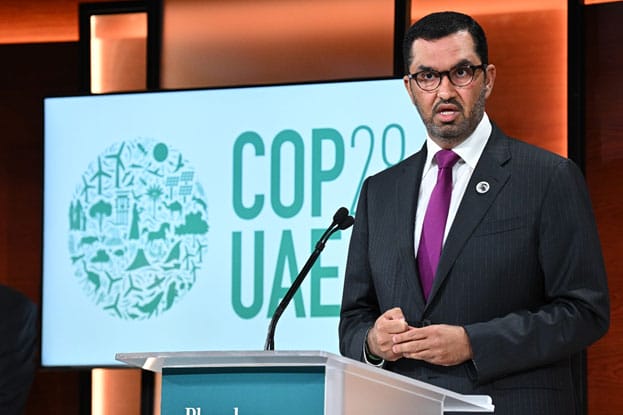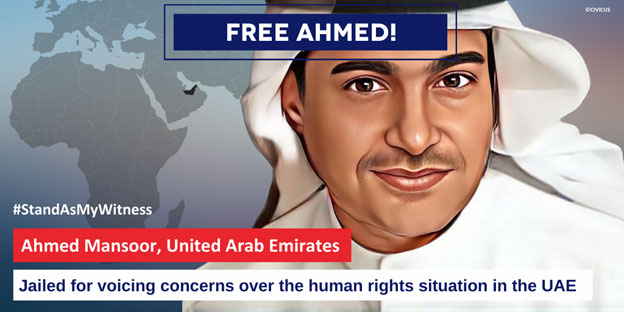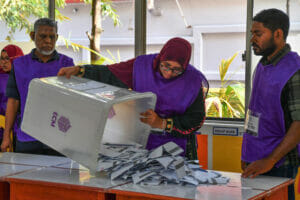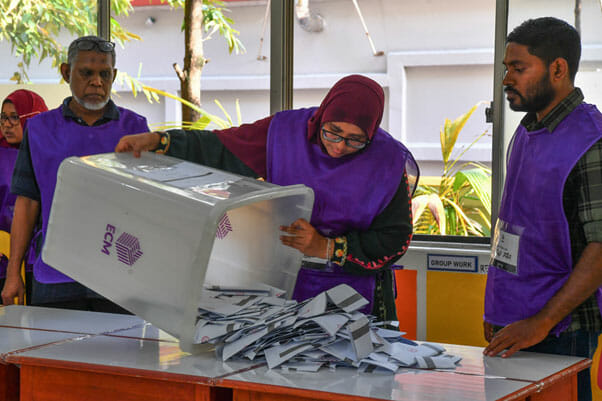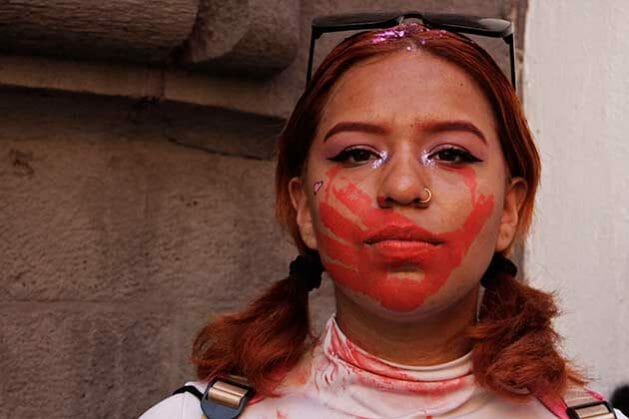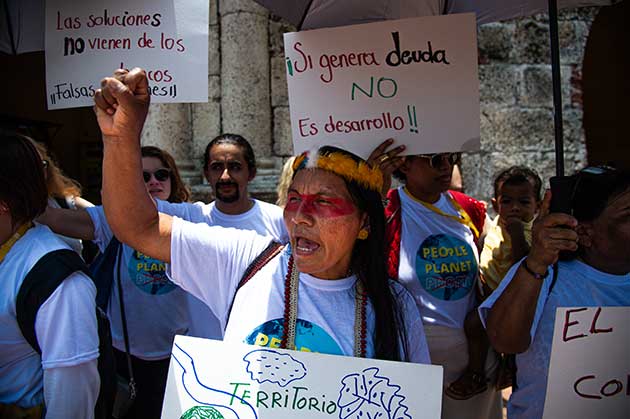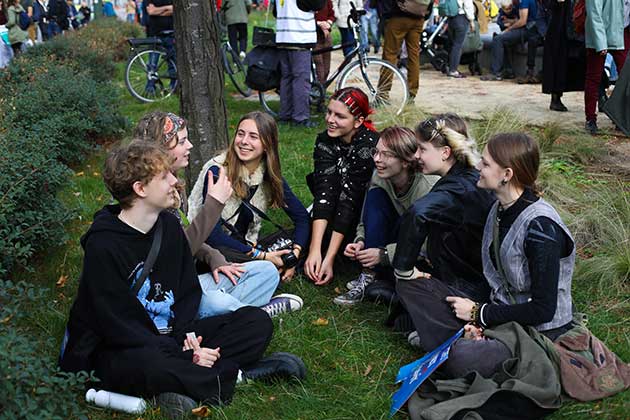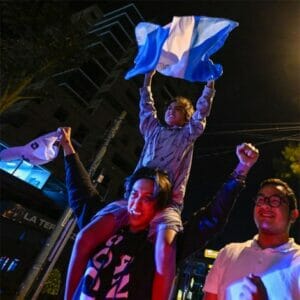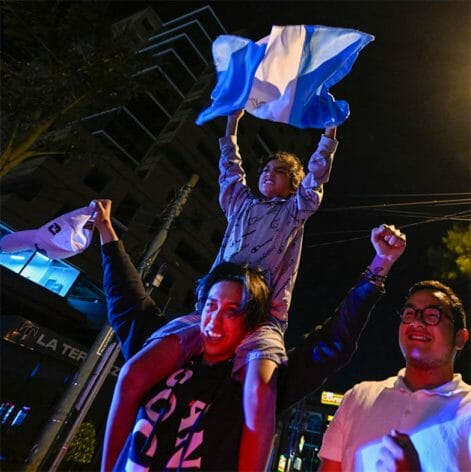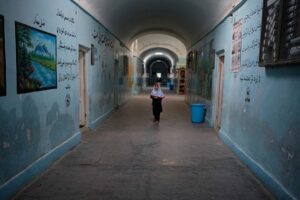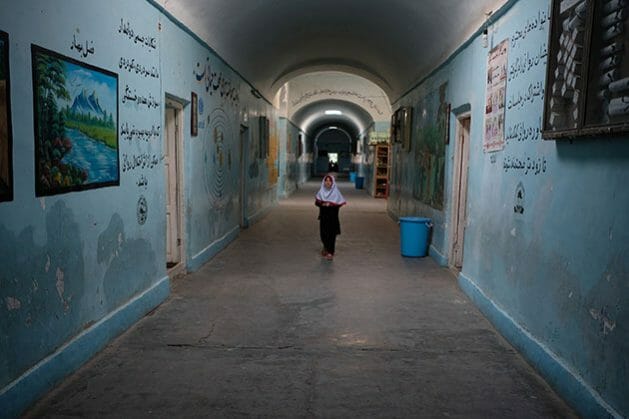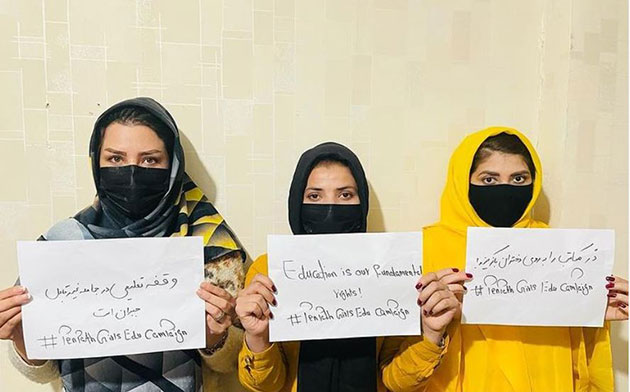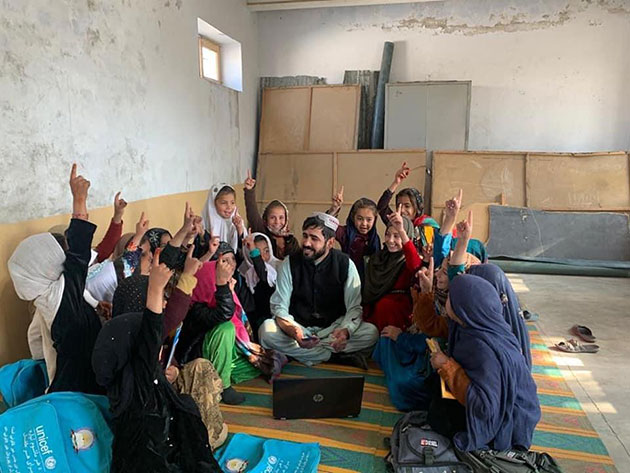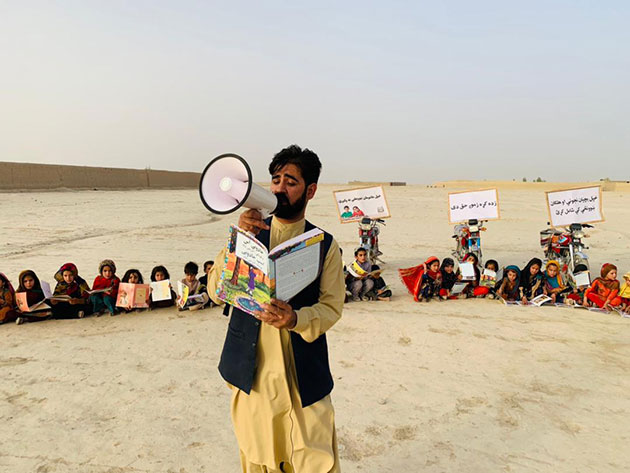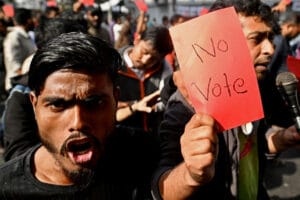
Asia-Pacific, Civil Society, Crime & Justice, Democracy, Economy & Trade, Featured, Headlines, Human Rights, Labour, Press Freedom, TerraViva United Nations
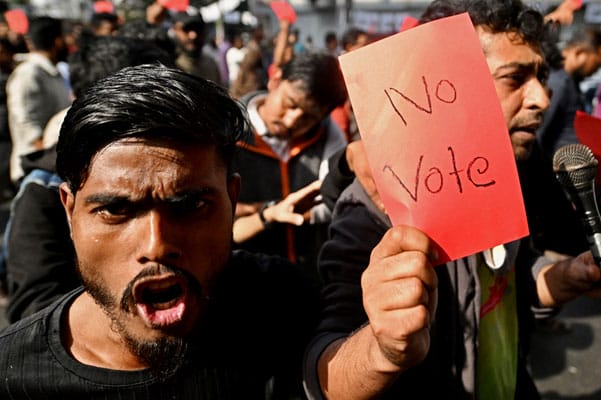
Credit: Munir Uz Zaman/AFP via Getty Images
– Bangladesh just held an election. But it was far from an exercise in democracy.
Sheikh Hasina won her fourth consecutive term, and fifth overall, as prime minister in the general election held on 7 January. The result was never in doubt, with the main opposition party, the Bangladesh National Party (BNP), boycotting the vote over the ruling Awami League’s refusal to let a caretaker government oversee the election. This practice, abolished by the Awami League government in 2011, was, the BNP asserted, the only way to ensure a free and fair vote.
The BNP’s boycott was far from the only issue. A blatant campaign of pre-election intimidation saw government critics, activists and protesters subjected to threats, violence and arrests.
At the government’s urging, court cases against opposition members were accelerated so they’d be locked away before the election, resulting in a reported 800-plus convictions between September and December 2023. It’s alleged that torture and ill-treatment were used against opposition activists to force confessions. There have been reports of deaths in police custody.
Police banned protests, and when a rare mass opposition protest went ahead on 28 October police used rubber bullets, teargas and stun grenades. Following the protest, thousands more opposition supporters were detained on fabricated charges. As well as violence from the notorious Rapid Action Battalion (RAB) – an elite unit notorious for excessive and lethal force – and other elements of the police force, opposition supporters faced attacks by Awami League supporters. Journalists have also been smeared, attacked and harassed, including when covering protests.
🇧🇩Bangladesh: @CIVICUSalliance and other rights groups condemn the disproportionate use of force by police around the opposition rally in Dhaka.
We call on the authorities to end the crackdown on protests & ensure perpetrators are held accountable https://t.co/1FZfgcdJzR pic.twitter.com/ouhNHBdVZ6— CIVICUS (@CIVICUSalliance) November 1, 2023
As a direct result of the ruling party’s pre-election crackdown, in December 2023 Bangladesh’s civic space rating was downgraded to closed by the CIVICUS Monitor, the collaborative research project that tracks the health of civic space in every country. This places Bangladesh among the world’s worst human rights offenders, including China, Iran and Russia.
Civil society’s concerns were echoed in November 2023 by UN human rights experts who expressed alarm at political violence, arrests, mass detention, judicial harassment, excessive force and internet restrictions.
All-out assault
Such is the severity of the closure of Bangladesh’s civic space that many of the strongest dissenting voices now come from those in exile. But even speaking out from outside Bangladesh doesn’t ensure safety. As a way of putting pressure on exiled activists, the authorities are harassing their families.
Activists aren’t safe even at the UN. A civil society discussion in the wings of the UN Human Rights Council in November was disrupted by government supporters, with Adilur Rahman Khan, a leader of the Bangladeshi human rights organisation Odhikar, subjected to verbal attacks.
Khan is currently on bail while appealing against a two-year jail sentence imposed on him and another Odhikar leader in retaliation for their work to document extrajudicial killings. Following the session in Geneva, Khan was further vilified in online news sites and accused of presenting false information.
Others are coming under attack. Hasina and her government have made much of their economic record, with Bangladesh now one of the world’s biggest garment producers. But that success is largely based on low wages. Like many countries, Bangladesh is currently experiencing high inflation, and garment workers’ recent efforts to improve their situation have been met with repression.
Workers protested in October and November 2023 after a government-appointed panel raised the minimum wage for garment sector workers to a far lower level than they’d demanded. Up to 25,000 people took part in protests, forcing at least 100 factories to close. They were met with police violence. At least two people were killed and many more were injured.
Seemingly no one is safe. Nobel laureate Muhammad Yunus, who founded the Grameen Bank that has enabled millions to access small loans, was recently convicted of labour law offences in a trial his supporters denounced as politically motivated. Yunus has long been a target for criticism and threats from the ruling party.
Democracy in name only
The quality of Bangladesh’s elections has dramatically declined since the Awami League returned to power in the last reasonably free and fair election in 2008. Each election since has been characterised by serious irregularities and pre-voting crackdowns as the incumbents have done everything they could to hold onto power.
But this time, while the Awami League victory was as huge as ever, turnout was down. It was almost half its 2018 level, at only 41.8 per cent, and even that figure may be inflated. The lack of participation reflected a widespread understanding that the Awami League’s victory was a foregone conclusion: many Awami League supporters didn’t feel they needed to vote, and many opposition backers had no one to vote for.
People knew that many supposedly independent candidates were in reality Awami League supporters running as a pseudo-opposition to offer some appearance of electoral competition. The party that came second is also allied with the ruling party. All electoral credibility and legitimacy are now strained past breaking point.
The government has faced predictably no pressure to abide by democratic rules from key allies such as China and India, although the once-supportive US government has shifted its position in recent years, imposing sanctions on some RAB leaders and threatening to withhold visas for Bangladeshis deemed to have undermined the electoral process.
If the economic situation deteriorates further, discontent is sure to grow, and with other spaces blocked, protests and their violent repression will surely follow. International partners must urge the Bangladeshi government to find a way to avoid this. More violence and intensifying authoritarianism can’t be the way forward. Instead Bangladesh should be urged to start the journey back towards democracy.
Andrew Firmin CIVICUS Editor-in-Chief, co-director and writer for CIVICUS Lens and co-author of the State of Civil Society Report.

